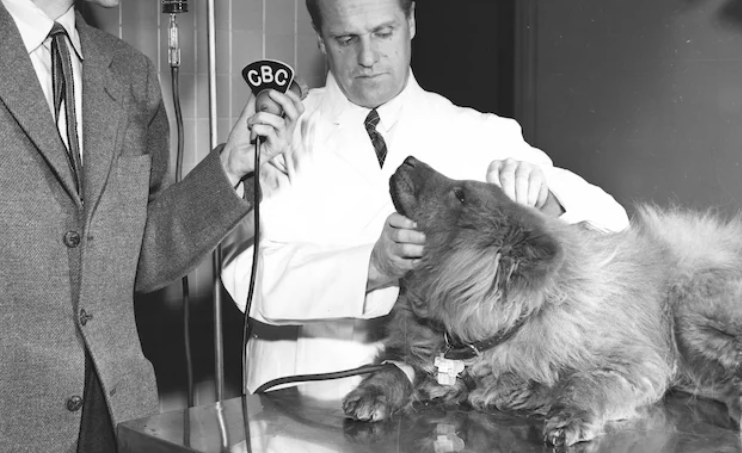Over the past two decades, the veterinary profession in France has undergone significant evolution, shaped by advances in medical science, changing societal attitudes towards pets, and broader economic trends. This transformation is evident across various aspects of the profession, including the skills required, the profile of clients and patients, salary dynamics, and the overall scope of veterinary services.
Evolution of Skills
Advancements in veterinary medicine have necessitated a corresponding evolution in the skill set required by veterinarians. The integration of new technologies, such as digital imaging, minimally invasive surgery, and advanced diagnostic tools, has become standard practice in many veterinary clinics. As a result, veterinarians now need a higher level of technical proficiency and continuous education to stay abreast of these innovations.
Moreover, the emphasis on specialized care has grown. Fields such as oncology, cardiology, and orthopedics, once the domain of human medicine, are now prevalent in veterinary practice. This specialization requires veterinarians to pursue additional training and certifications, enhancing their expertise and the quality of care provided to animals.
Changing Client and Patient Profiles
The profile of veterinary clients and patients in France has also evolved. There has been a noticeable shift in how pets are perceived within families. Pets are increasingly seen as integral members of the family, leading to greater willingness among owners to invest in their health and well-being. This cultural shift has spurred demand for higher-quality veterinary services, including preventative care, advanced treatments, and wellness programs.
Additionally, the variety of pets seen by veterinarians has expanded. While dogs and cats remain the most common patients, there is a rising trend in the ownership of exotic pets, such as reptiles, birds, and small mammals. This diversification requires veterinarians to broaden their knowledge and capabilities to effectively care for a wider range of species.
Salary and Economic Factors
Economic considerations have played a significant role in shaping the veterinary profession in France. The demand for veterinary services has increased, driven by the growing pet population and the willingness of owners to spend more on their pets' health. This has led to a positive trend in veterinary salaries. According to recent data, the average salary for veterinarians in France has seen a steady increase, although it varies significantly based on factors such as specialization, geographic location, and years of experience.
Despite the overall positive trend, the profession faces economic challenges. The cost of veterinary education and the financial burden of setting up a practice are substantial. Moreover, the competition among veterinary clinics, particularly in urban areas, can exert downward pressure on prices and salaries. Veterinarians often need to balance providing high-quality care with maintaining profitability, which can be a complex and demanding task.
Broader Trends and Future Directions
The veterinary profession in France has also been influenced by broader trends, such as the rise of digital technology and changes in regulatory frameworks. Telemedicine, for instance, has emerged as a valuable tool, allowing veterinarians to consult with clients remotely and offer guidance on minor health issues. This trend has been accelerated by the COVID-19 pandemic, which highlighted the importance of flexible and accessible veterinary care.
Environmental and ethical considerations are becoming more prominent as well. There is growing awareness of the environmental impact of veterinary practices and the importance of sustainable and ethical treatment methods. Veterinarians are increasingly involved in public health initiatives, such as zoonotic disease prevention and the promotion of responsible pet ownership.
Conclusion
The veterinary profession in France has evolved considerably over the past 20 years, driven by technological advancements, changing client expectations, economic dynamics, and broader societal trends. Veterinarians today require a more diverse and specialized skill set, face a more varied patient demographic, and operate within a complex economic environment. As the profession continues to adapt to these changes, the future of veterinary medicine in France looks promising, with a continued emphasis on providing high-quality, compassionate care to animals.
Author
Charles Bosquet
Sales Manager
Charles has more than 15 years of experience in pharmaceutical industries. At Kynetec, he has focused on the rollout of Kynetec's monthly "PetTrak" program, which consolidates data from veterinary practices' management information systems, helping customers understand market dynamics across the French veterinary channel.
Stay informed
Stay Informed and Empowered
Discover the latest news, updates, and event information related to PanelVet. Stay in the know about our offerings and industry insights.
newsletter
Join Our Newsletter for Exclusive Insights
Explore our ever-growing knowledge base to stay up-to-date with the latest industry news, insightful articles, inspiring case studies, and valuable resources.

